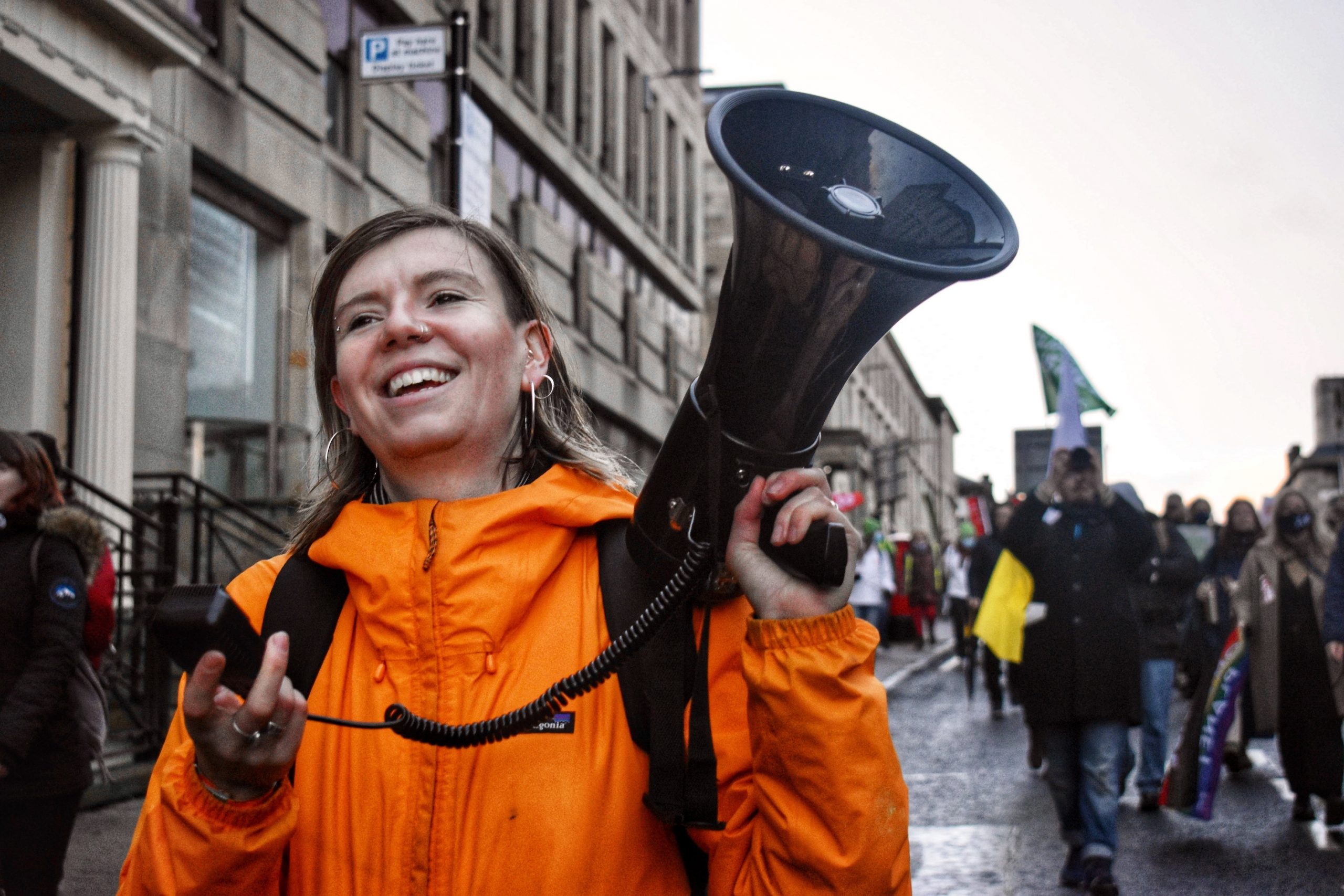
Supreme Court upholds Walton’s right to challenge Ministers
In a ruling issued today (17 October 2012), the UK Supreme Court upheld William Walton’s right to challenge Scottish Ministers decision to allow the construction of the Aberdeen bypass.
While Mr Walton’s appeal was ultimately dismissed, the case raised a number of issues relating to standing – the legal right of individuals to take a case – which the Court’s Scottish judges, Lord Reed and Lord Hope took the opportunity to clarify.
Commenting on the ruling Mary Church, Environmental Justice Campaigner at Friends of the Earth Scotland, said:
“Lord Reed vindicated William Walton by making it clear that legal challenges to important decisions and acts by public authorities, are a vital means of up upholding the rule of law.
“His colleague Lord Hope further emphasised the importance of individuals and NGOs taking cases on behalf of the environment, being as the environment cannot stand up for itself in a court of law.
“Friends of the Earth Scotland strongly believe that properly involving communities and NGOs in planning and decision making leads to the best decisions for the environment and people. Sometimes this doesn’t happen and it is necessary – as the Supreme Court has confirmed – to go to court to challenge public authorities.
“However, access to the Scottish courts is severely restricted by technicalities such as standing and the extremely high costs of litigation. We are calling on the Scottish Government to make access to justice in environmental cases open and affordable to all citizens with a legitimate interest, in line with our international obligations.”
Friends of the Earth Scotland changed Scots Law on standing last year when it became the first Scottish NGO to intervene in a case at the Supreme Court. The ruling in AXA General Insurance v HM Advocate removed the restrictive legal test of ‘title and interest’ that made it all but impossible for individuals and communities to take public interest cases to court. The Supreme Court took the opportunity in Walton v Scottish Ministers to clarify certain points of this earlier ruling, in which they made clear that ‘title and interest’ had no place in public interest litigation.
ENDS
For media enquiries, please contact:
Per Fischer,
Press Office, Friends of the Earth Scotland t: 0131 243 2719
Notes to Editors
1. For more information on Walton (Appellant) v The Scottish Ministers (Respondent) (Scotland), [2012] UKSC 44, see press summary at www.supremecourt.gov.uk/docs/uksc-2012-0098-press-summary.pdf and full ruling at www.supremecourt.gov.uk/docs/uksc-2012-0098-judgment.pdf. Lord Reed’s comments on rule of law are at paras 89-96; Lord Hope’s comments on standing are at paras 151-154.
2. Friends of the Earth Scotland changed Scot’s Law when we intervened in AXA General Insurance Limited and others (Appellants) v The Lord Advocate and others (Respondents) (Scotland), [2011] UKSC 46. The case related to insurance claims by victims of asbestos exposure who suffer from pleural plaques – scarring of the lungs. The insurers challenged the validity of a 2009 Act of the Scottish Parliament that ensured that individuals could sue for damages if they contracted the condition. The insurers challenged the ‘title and interest’ of a number of individuals with pleural plaques to argue against the case. For more information, see: http://www.supremecourt.gov.uk/decided-cases/index.html
3. Friends of the Earth Scotland is * Scotland’s leading environmental campaigning organisation * An independent Scottish charity with a network of thousands of supporters and active local groups across Scotland * Part of the largest grassroots environmental network in the world, uniting over 2 million supporters, 77 national member groups, and some 5,000 local activist groups – covering every continent. www.foe-scotland.org.uk
4. For more information on our campaign to improve access to justice in environmental cases visit www.foe-scotland.org.uk/access-to-justice
